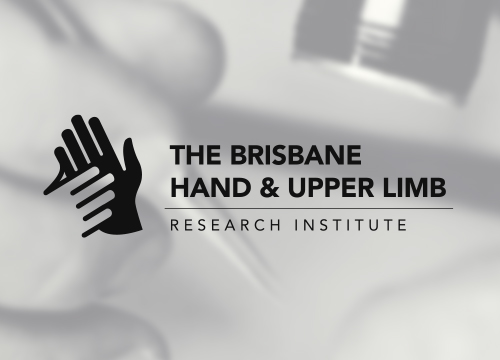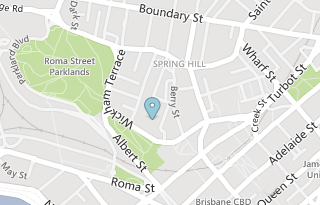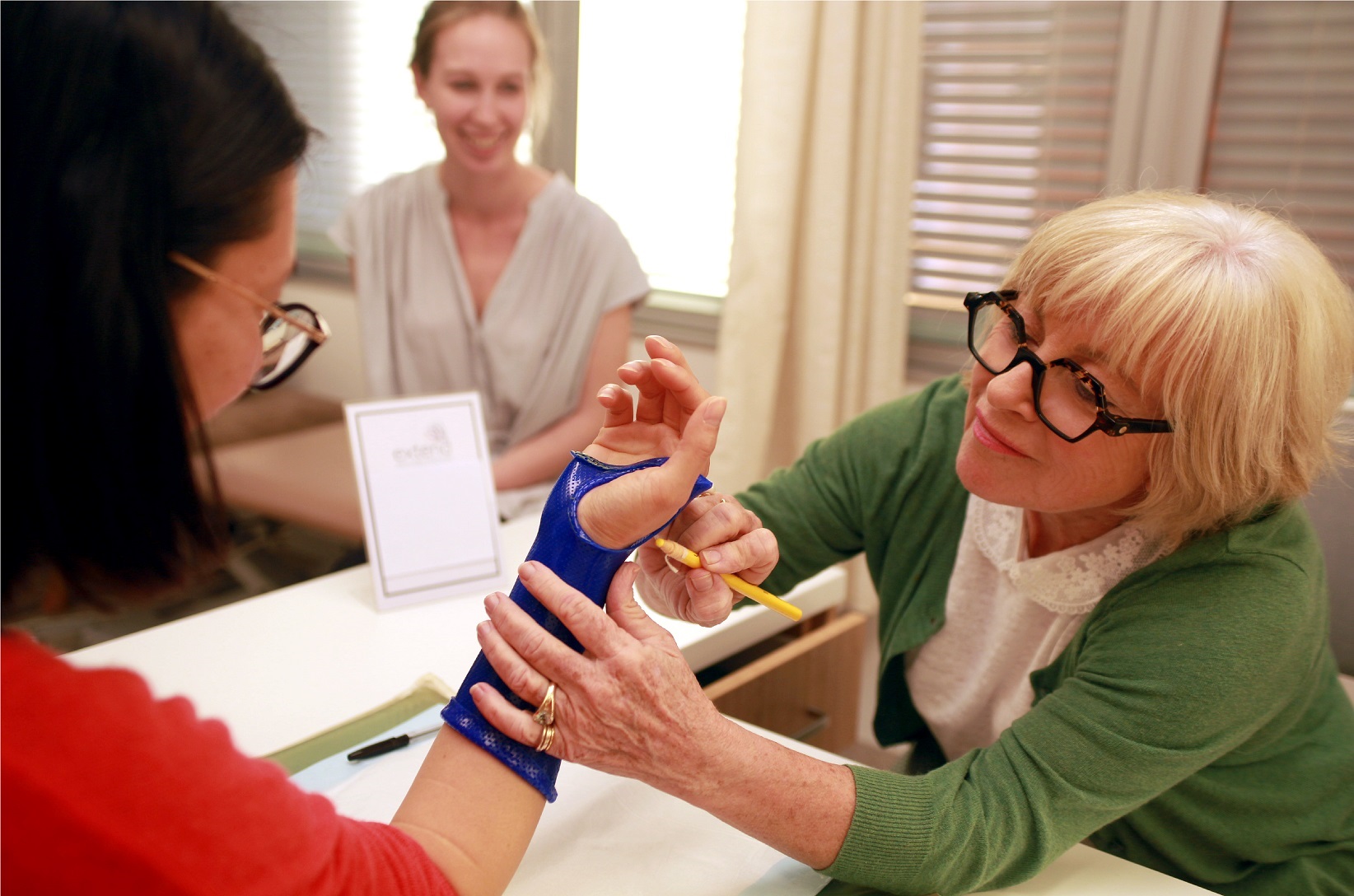Susan Peters, Michel Coppieters, Mark Ross, Venerina Johnston
Work disability associated with non-traumatic work-related musculoskeletal disorders (MSDs) of the upper extremity (UE) is a significant and costly societal problem. Surgery is frequently offered to workers who have more severe symptoms or do not respond adequately to conservative management. Despite the high reported success of surgery for conditions such as carpal tunnel syndrome, lateral epicondylalgia and rotator cuff tendinopathy, work disability associated with the inability to return to work (RTW) persists. Stakeholders involved in the RTW process have differing perspectives and priorities for recovery of the injured worker, which may be impacted by their perception of barriers to RTW.
This study aimed to examine key stakeholders’ perceptions of factors that influence RTW following surgery for non-traumatic MSDs of the UE.
An Australian cross-sectional survey was administered to representatives of four key stakeholder groups including health care professionals, employers, insurer representatives and lawyers. A comprehensive list of potential factors influencing a worker’s ability to RTW following surgery for non-traumatic MSDs were collated. This list was developed based on a systematic review, scoping literature review and a piloting process with representative stakeholders. Stakeholders rated factors on a five point Likert scale from not at all influential to extremely influential. Frequency data were calculated. Likert scale responses were also dichotomised and analysed to compare stakeholder groups.
The majority of factors that stakeholders identified as being influential on a worker’s ability to RTW are modifiable and amenable to intervention. These variables should be the focus of RTW research and should be considered in the management of workers who undergo surgery for non-traumatic MSDs of the UE.
Psychometric evaluation of the questionnaire used in the survey is currently being undertaken.
This study has been completed.
This study was supported by an AHTA Research Bursary.




